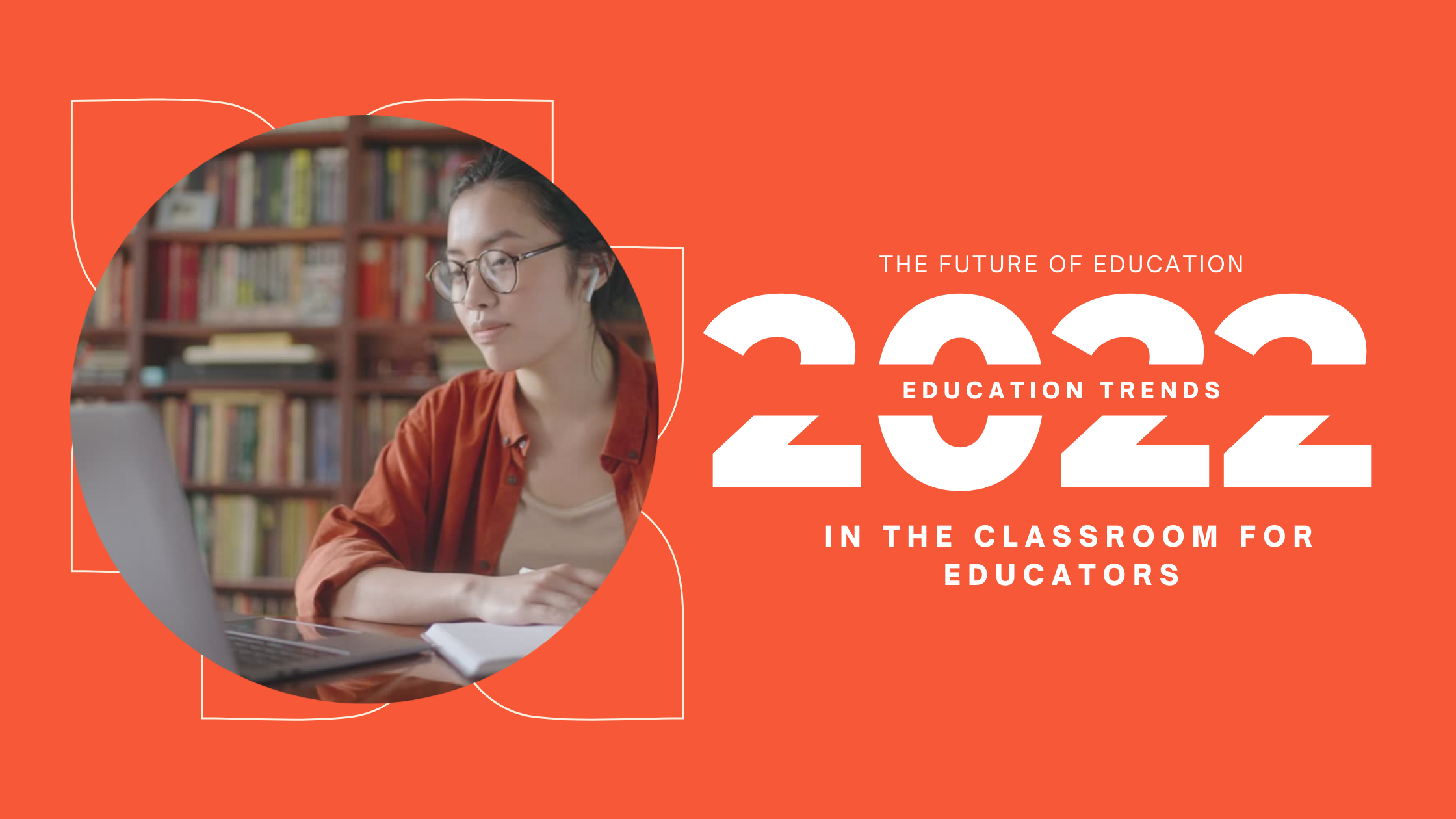Every year, educational bodies, educators, and learners reflect on their year of learning in order to identify problems faced during the academic year and find solutions to fix them.
This reviewing process leads to newer and better ways of learning thanks to new paedagogy and technological advancements. With the pandemic, the changes in education trends are even greater due to our new environment, platform, and needs.
As we gear up and prepare to enter the new year, let’s take a look at the 2022 education trends. We’ve divided the education trends into two categories: in the classroom and beyond the classroom.
Today, we’ll explore the education trends in the classroom that will affect how educators conduct classes.
How will these trends change the future of education?
1. More digital technologies
It’s no surprise that technology continues to become more widely used in classrooms. After all, they are being constantly upgraded to include more functions while staying easy to use and seamless to install.
The use of digital tools can increase student engagement, communication, and creativity. It also creates new opportunities for sharing knowledge and experiences.
There’s something for everyone as there is a wide range of technological ideas, systems, and tools for learning, such as:
- Flipped learning
- Blended learning design
- AI intelligent tutoring system
- Gamifying the classroom
- Chatbots for learning
2. Picturing pedagogy in a broader perspective
Pedagogy in the classroom is usually focused on, well, in-classroom experiences. Today, there is a growing demand to expand pedagogy into the wider world.
Since both learner and educator grow and benefit from their pedagogical encounters, encouraging a wider perspective on pedagogy will increase transformation.
This means pedagogy should not just be about how to teach and learn in relation to the class curriculum, but also be about learning in and with the world around us.
3. Increased interest in social and ecological issues
The younger generation is more driven to tackle social issues such as racism, inequality, and climate change. Educators have the responsibility to support this growing interest by providing learners with the necessary skills to empower them to take action.
Curricula should focus on ecological, intercultural, and interdisciplinary learning that allows learners to access knowledge as well as hone their ability to critique it.
Discussion topics can range from the rise of fake news on both social media and established news organisations to the disconnect between government policy and practice with regard to climate change.
4. Broadening students’ skills
Although the education trends change annually, the trends in the wider world change at a more rapid rate.
As the future presents learners with new problems and opportunities, educators need to prepare them to tackle those problems head-on.
Worldly awareness can be encouraged and built through problem-posing, problem-recognition, and problem-solving.
It is rewarding for learners to be in learning environments that encourage creativity and ideation beyond the usual subject boundaries.
By engaging learners in group projects and discussions that allow them to find solutions, they will gain firsthand experience that the world around them can be changed.
The takeaway
Education trends in 2022 emphasise how important it is for educators to offer flexibility in their classes in order to help students adapt to the ever-changing fast-paced world we live in.
Need help with finding the right technological tools for your learners? Contact the Noodle Factory team to set up a discussion so you can start 2022 with everything you need.
